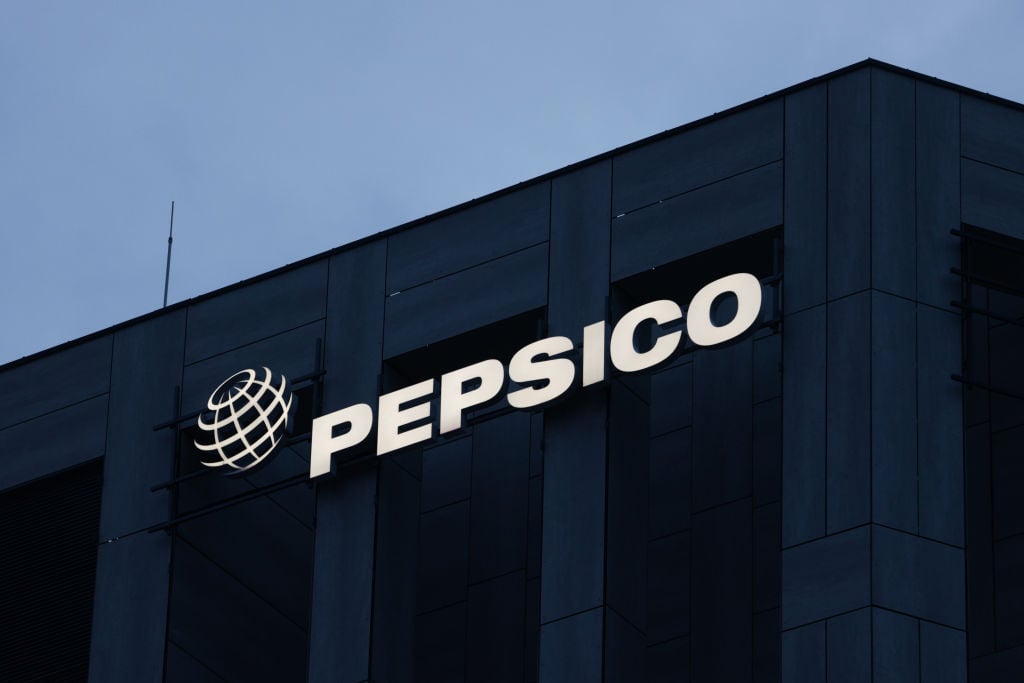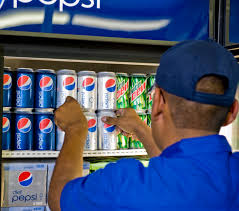Pepsi's (PEP +2.58%) status as a bedrock beverage and snack food seller usually makes it a favorite stock for investors during tough economic times. But its shares have underperformed so far in 2020, along with those of rival Coca-Cola (KO +0.75%), thanks to the COVID-19 pandemic.
Drinking occasions for brands like Pepsi and Gatorade have plummeted due to the postponement of sporting events, concerts, and most other large social gatherings. That sets up a potentially painful earnings report from the company later this month. Yet shareholders are also due to receive some positive updates in areas like direct cash returns on July 13, when Pepsi announces its results and looks ahead to the second half of fiscal 2020.
Let's take a closer look.
The spring selling months
Pepsi's last announcement showed strong growth, with organic sales jumping 8% as core earnings expanded 10%. That report covered only through mid-March, though, and so it captured almost none of the social distancing efforts that clamped down on the U.S. economy at that time.

Image source: Getty Images.
Coca-Cola's report included an additional week of demand data, and those results might be more useful for investors. The soda giant said sales volumes dove 25% during the first few weeks of April as consumers stayed closer to home. Pepsi might see a similarly sharp drop in its beverage business in markets like the U.S., Latin America, and Europe.
Its snack segment should pick up some of the slack thanks to soaring demand for home food products at grocery stores and convenience shops. Overall, investors are expecting sales to fall by just around 6% to $15.4 billion in the fiscal second quarter. Still, consumer demand changed rapidly with each week during March, April, and May, and so Pepsi's actual results could differ materially from that projection.
Cash flow
CEO Ramon Laguarta and his team in late April sounded a confident tone about Pepsi's cash position, and this upcoming report is their chance to add support for those comments. The company affirmed its plan to return as much as $7.5 billion to shareholders in 2020 through a mix of stock buybacks and dividend payments. Investors will see if that goal is still achievable by following metrics like operating cash flow.
Pepsi had plenty of cash heading into the quarter, mainly thanks to an extra $6.4 billion of long-term debt that pushed holdings up to $11.3 billion from $5.3 billion a year ago. Ideally the company can show that it won't need more debt to keep its operations humming and that it is quickly returning to its cash-positive growth position.
Second-half projections
The odds are good that Pepsi will decline to offer a detailed operating projection for the rest of 2020. Demand will depend on unpredictable variables like global economic growth rates and the path of further COVID-19 outbreaks.
But investors will still hang on Laguarta's comments about how shoppers are behaving as parts of the U.S. economy reopen and the COVID-19 threat lessens in places including Europe and China. Heading into the report, most investors are hedging their bets and predicting that 2020 sales will be flat or slightly lower compared to a 4.5% spike in 2019. Pepsi's discussion of the latest snack and beverage demand trends could move that number significantly in either direction on Monday.







